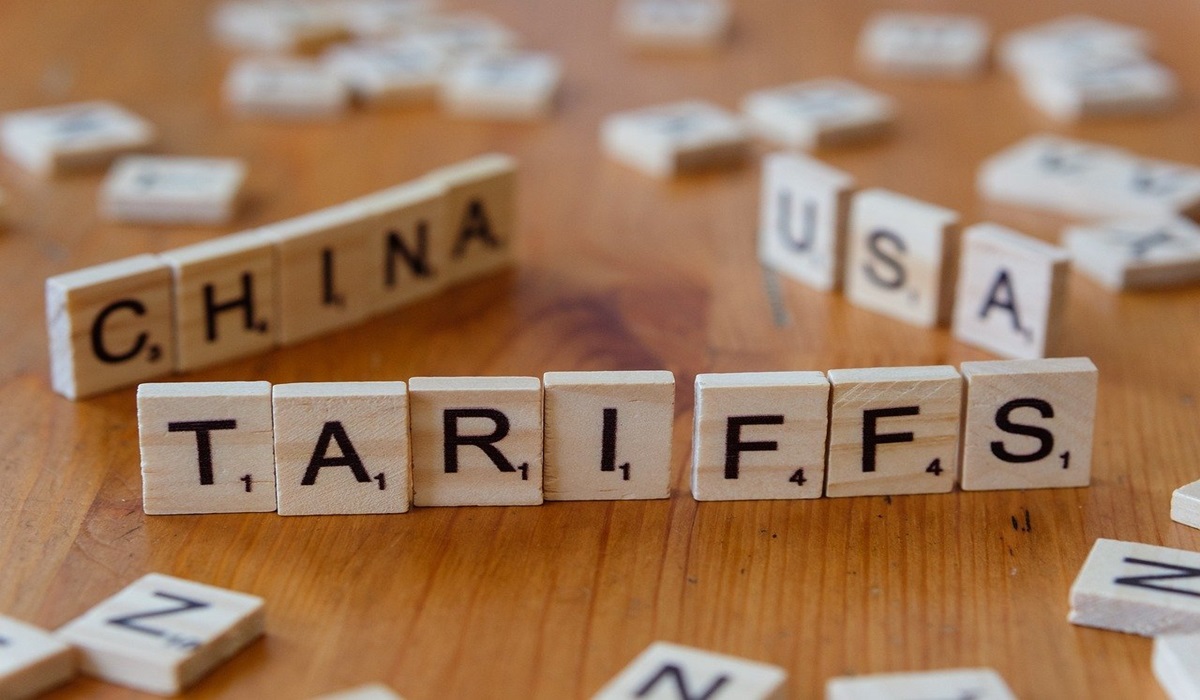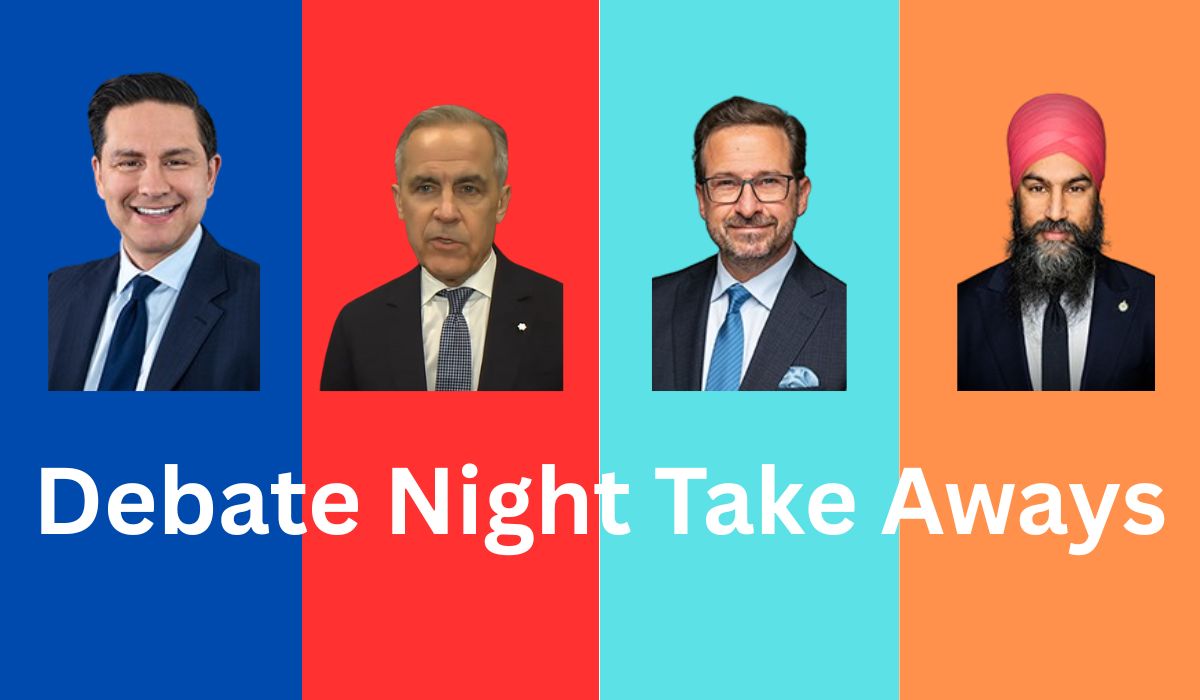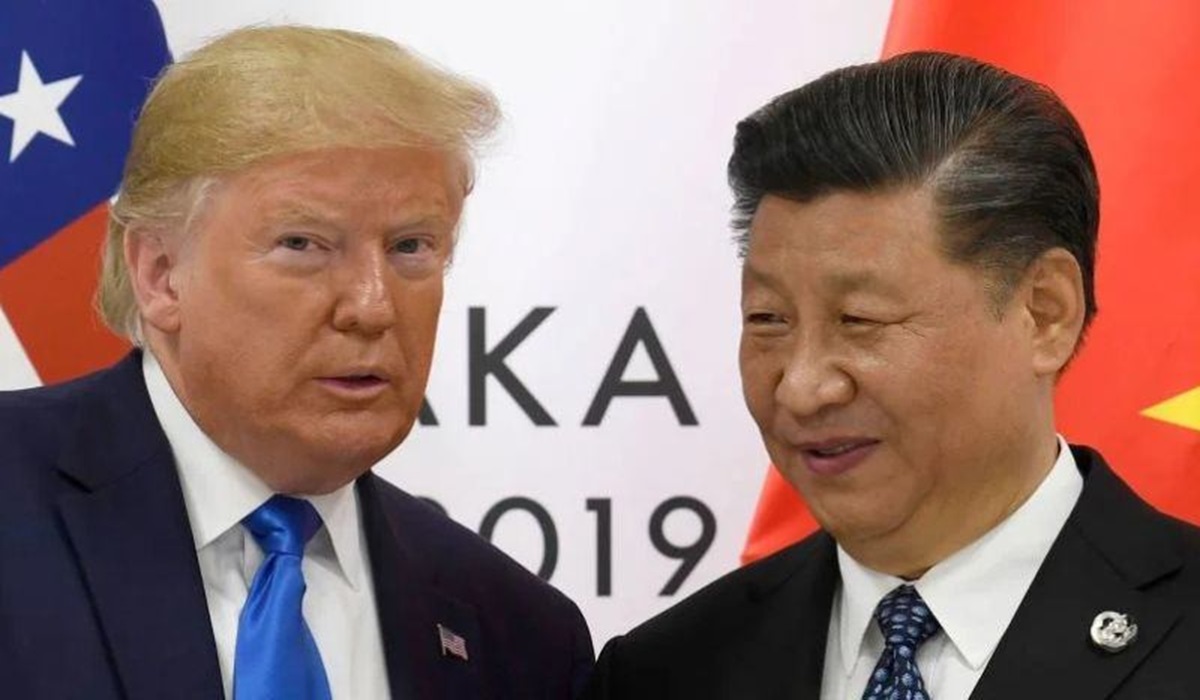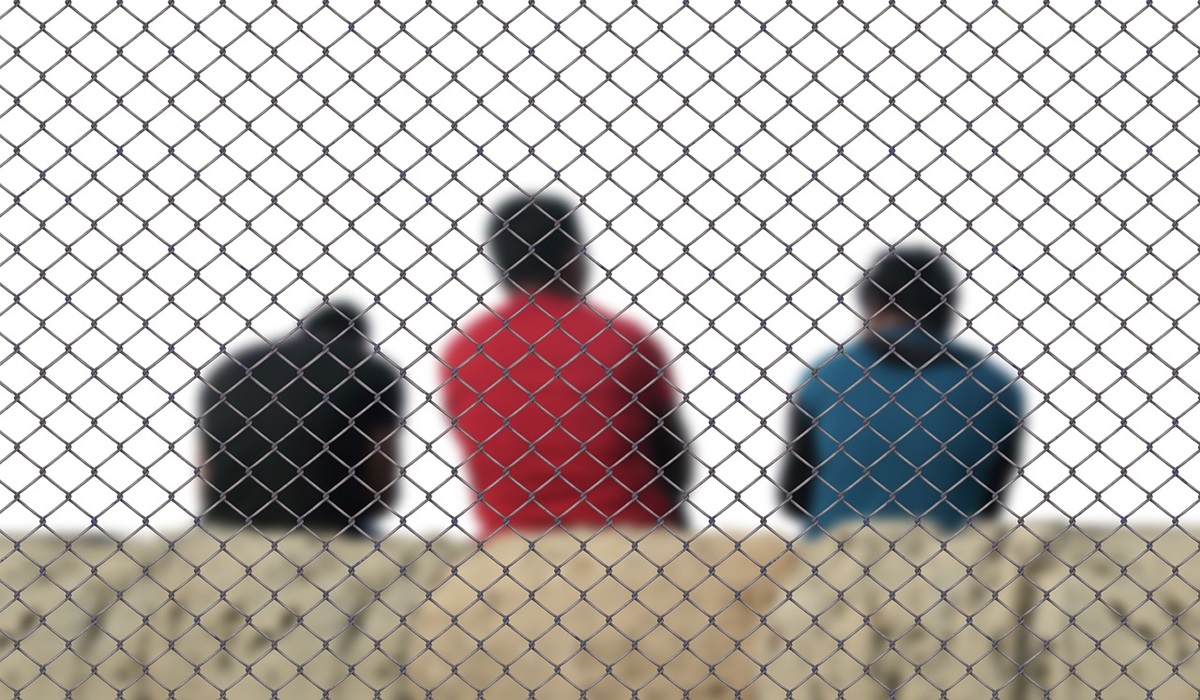The US Veto: Controversy Surrounds UN Resolution for Gaza
- Ingrid Jones
- D.O.C Supplements - Trending News
- U.S.A
- October 19, 2023
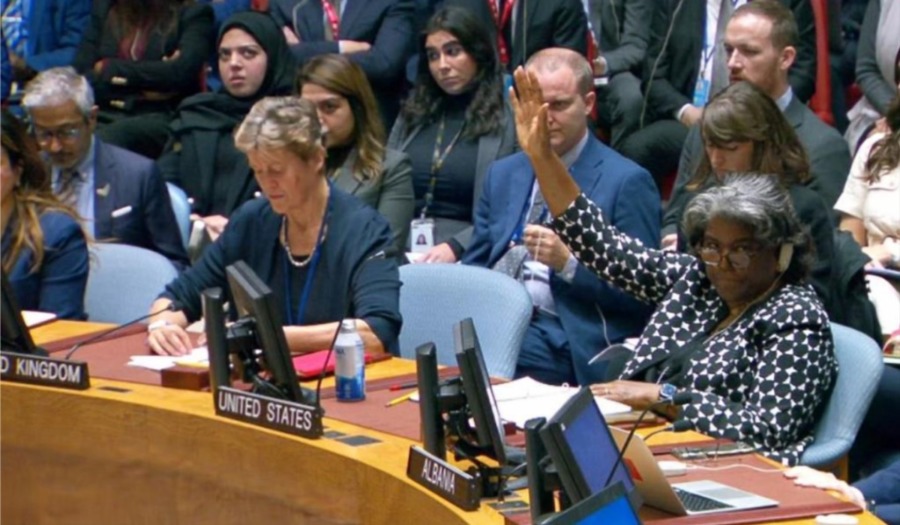
The United States stood alone in casting a veto against a United Nations Security Council session resolution to establish a “humanitarian pause” to deliver much-needed aid to the besieged Gaza Strip. The resolution, supported by 12 nations and abstained by two others, faced opposition from the US Ambassador, Linda Thomas-Greenfield, who argued that it failed to acknowledge Israel’s right to self-defence. This contentious decision highlights the power of permanent members within the UN and raises essential questions about the US’s foreign policy priorities.
The United Nations Security Council comprises of 15 members, with five permanent members: the United States, Russia, China, France, and the United Kingdom. These permanent members hold the unique power of the veto, allowing them to block any substantive resolution. This power was granted to them after World War II to ensure no critical decision could be made without their consent. While this arrangement was meant to maintain global stability, it has sometimes resulted in controversial standoffs, as witnessed in the recent veto on Gaza.
One of the critical issues at the heart of the US veto is its unwavering support for Israel. While the US has advocated for peace in the Palestinian-Israeli conflict, its financial and military aid to Israel paints a different picture. This support has left the US criticized by many nations, including Spain and Ireland, who believe that Israel’s actions are war crimes violating international law.
The US Ambassador’s rationale for the veto revolves around Israel’s right to self-defence, enshrined in Article 51 of the UN Charter. She emphasized that the UN Security Council has previously reaffirmed this right in resolutions related to terrorist attacks, and she believed that the resolution concerning Gaza should have done the same. This perspective, while valid in principle, raises an important, albeit less-discussed, question: do innocent Palestinians, who are not members of Hamas but are affected by the conflict, also have a right to self-defence?
The UN veto on the Gaza resolution exposes a deeper issue: the priorities of the United States in its foreign policy. While the US allocates billions of dollars in military aid to Israel and participates in conflicts around the globe, the question remains as to whether the wellbeing of its citizens is being adequately addressed. Critics point to a lack of adequate healthcare, the burden of student loans, homelessness, poverty, addiction crises, gun violence, and domestic issues, which receive less attention than foreign policy endeavors.
The recent US veto of the UN resolution on Gaza is a stark reminder of global politics’s complexities and controversies. It underscores the power of permanent members in the United Nations and highlights the delicate balance between advocating for the rights of nations and addressing the plight of innocent civilians. As the world grapples with these challenges, one can only hope for a future where international politics prioritize peace, diplomacy, and the well-being of all individuals, regardless of nationality.

